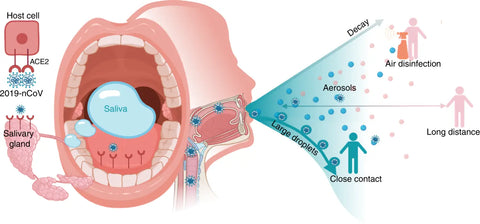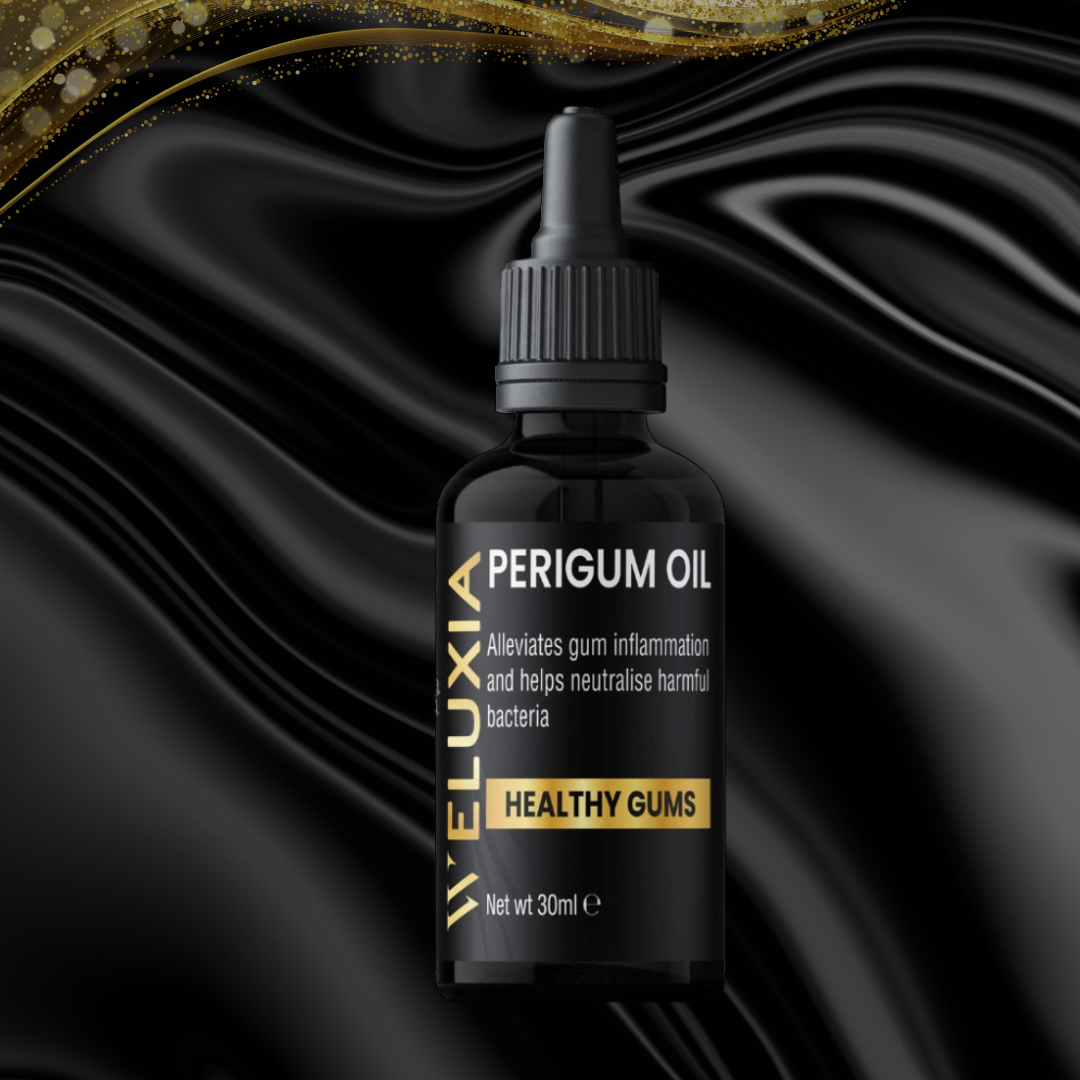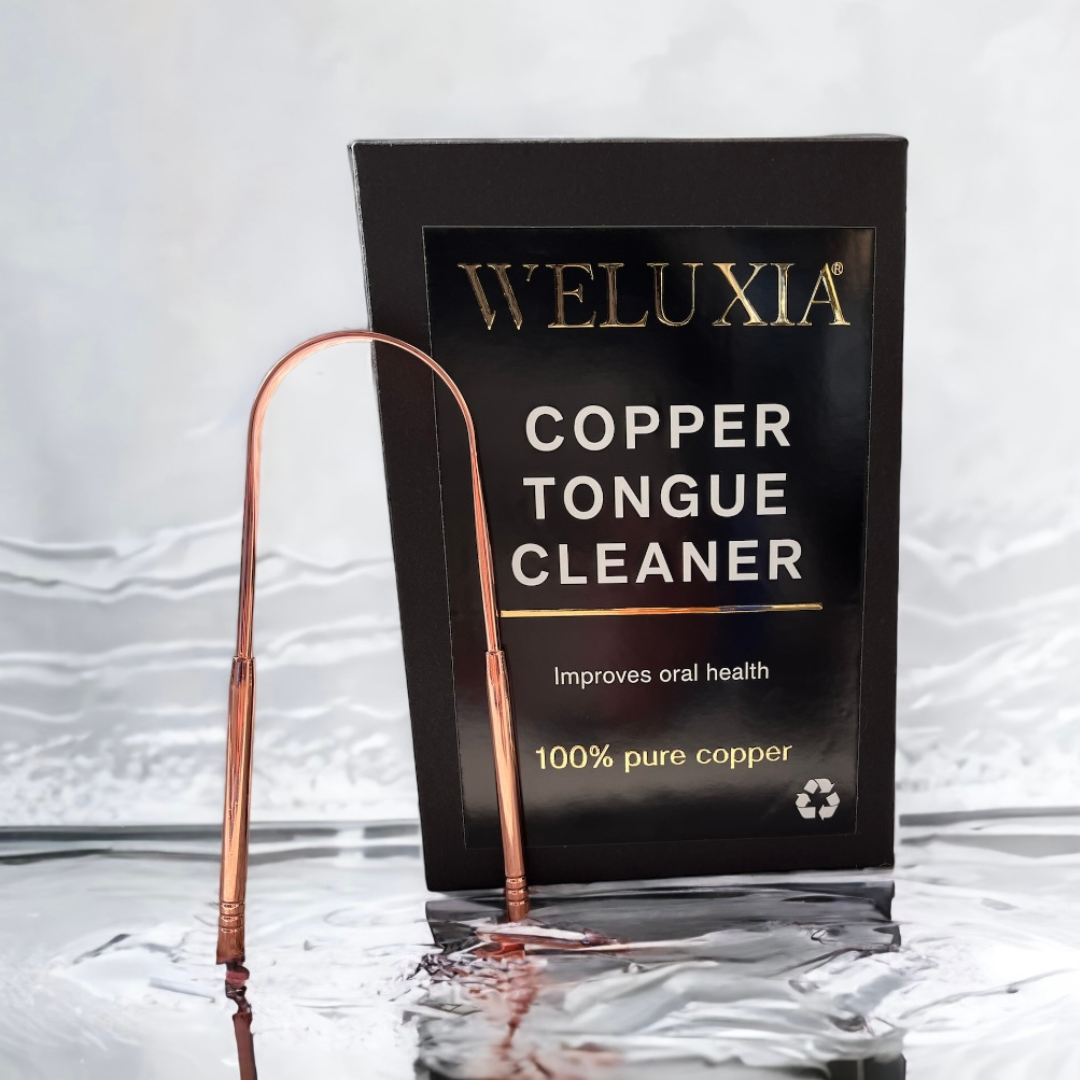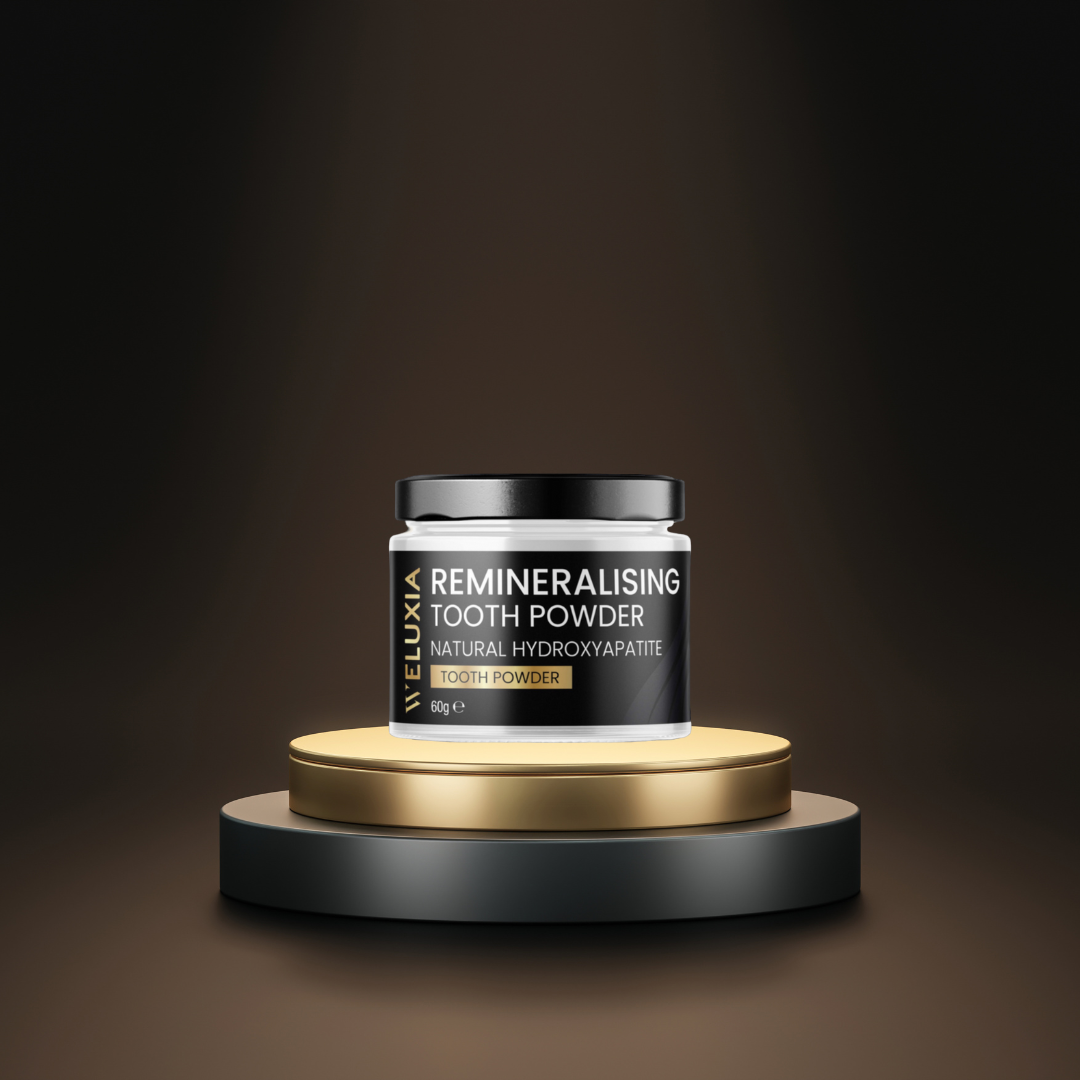How to remineralize teeth
Enamel, the protective outer layer of your teeth, is prone to wear and erosion due to dietary acids. This can lead to weakened enamel and mineral loss, putting your dental health at risk. However, there is hope. By understanding the process of remineralization, you can repair and strengthen your tooth enamel, protecting it from further erosion and maintaining optimal dental health.
In this article, we will explore the causes of mineral loss, the role of saliva in remineralization, and valuable tips to maximize saliva production. We will also delve into the importance of natural mineral products, dietary strategies for remineralization, the potential of hydroxyapatite , lifestyle factors affecting demineralization, and the significance of regular check-ups. Finally, we will discuss the signs of tooth remineralization and highlight the importance of preventive measures and guidance from dental professionals.

What Causes Teeth to Lose Minerals?
Enamel erosion and demineralization are common processes that can lead to tooth mineral loss. Dietary acids play a significant role in causing enamel erosion, which weakens the protective layer of the teeth. When tooth enamel is softened by dietary acids, it becomes more vulnerable to mineral loss and changes in tooth shape.
Demineralization occurs when dietary acids attack the tooth enamel, resulting in the removal of essential minerals. These acids can come from various sources, including acidic beverages, certain fruits, and foods high in sugar. When tooth enamel loses minerals, it becomes weaker and more prone to cavities, sensitivity, and other dental issues.
To fully understand the causes of tooth mineral loss, it is essential to recognize the impact of dietary acids. By identifying and addressing these factors, you can take important steps to prevent further damage and promote remineralization, restoring the strength and integrity of your teeth.
The Role of Saliva in Remineralization
When it comes to remineralizing teeth, saliva plays a pivotal role in the process. Saliva is not just a watery substance in our mouths, but rather a complex fluid that contains essential components necessary for remineralization.
Essential Components in Saliva
Saliva is composed of various minerals, enzymes, and proteins that contribute to dental health and remineralization. Two significant components found in saliva are calcium and phosphate. These minerals are vital for strengthening tooth enamel and preventing demineralization caused by dietary acids.
Neutralizing Harmful Acids
One of the key functions of saliva is to neutralize harmful acids present in the mouth. When we consume acidic foods or beverages, these acids attack tooth enamel, leading to demineralization. Saliva acts as a natural buffer, helping to neutralize these acids and prevent further damage to the teeth.
Promoting Remineralization
Saliva not only neutralizes harmful acids but also promotes the remineralization of teeth. As saliva contains calcium and phosphate, it provides the necessary building blocks for remineralization to occur. These minerals can replenish lost minerals and repair weakened areas of enamel, resulting in stronger and healthier teeth.
Maximizing saliva production is crucial for enhancing the effectiveness of remineralization and protecting teeth from mineral loss. Proper oral hygiene practices, such as regular brushing, flossing, and staying hydrated, can stimulate saliva production and support the remineralization process.
"Saliva is not just a watery substance in our mouths, but rather a complex fluid that contains essential components necessary for remineralization."
Tips for Maximizing Saliva Production
Increasing saliva production is crucial for repairing tooth enamel and promoting remineralization. Saliva contains calcium and phosphate, which neutralize harmful acids in the diet and help restore minerals to the teeth, acting as a natural defense against cavities.
To stimulate saliva production and enhance the remineralization process, you can follow these tips:
- Stay Hydrated: Drink plenty of water throughout the day to keep your mouth moist and encourage saliva flow.
- Chew Sugar-Free Gum: Chewing gum stimulates saliva production and helps neutralize acids in the mouth. Opt for sugar-free gum to minimize the risk of cavities.
- Use Remineralizing Toothpaste: Choose a toothpaste specifically formulated to promote remineralization and saliva production. These toothpastes often contain ingredients like calcium, phosphate, and xylitol, which help repair enamel and neutralize acids.
"Increasing saliva production through these practices can boost the natural defense against cavities by neutralizing harmful acids and promoting the remineralization of teeth."
Dietary Strategies for Remineralizing Teeth
When it comes to remineralizing weakened teeth, the food you eat plays a vital role. By incorporating calcium-rich foods and fiber-rich fruits and vegetables into your diet, you can support the remineralization process and promote optimal dental health.
Calcium is essential for strengthening teeth and replenishing minerals in weakened areas. Dairy products such as milk, cheese, and yogurt are excellent sources of calcium. By including these items in your daily meals, you can provide your teeth with the necessary nutrients they need to remineralize.
In addition to calcium, fiber-rich fruits and vegetables are also beneficial for your dental health. Not only do they promote saliva flow, but they also help remove harmful substances and stimulate the natural remineralization process. Incorporating fruits like apples, pears, and strawberries, as well as vegetables like broccoli, carrots, and spinach, can contribute to stronger teeth and improved dental well-being.
Benefits of a Remineralization Diet:
- Promotes the repair and strengthening of weakened teeth
- Provides essential nutrients for remineralization
- Stimulates saliva flow to naturally protect teeth
- Supports overall dental health and prevents further mineral loss
Xylitol and Its Role in Remineralization
Xylitol, a natural sweetener, offers multiple benefits in the remineralization process. Its unique properties help starve bacteria, disrupt their growth, and increase saliva flow, making it an excellent tool for maintaining optimal dental health. By preventing bacteria from feeding on xylitol, there is a reduction in acid and plaque production, leading to a healthier oral environment.
Consuming products containing xylitol, such as candies, sugar-free chewing gum, mouth spray, and crystals, can promote the remineralization process. These xylitol-rich products not only enhance saliva flow but also help neutralize mouth acid, aiding in the repair and strengthening of tooth enamel.
Incorporating xylitol-rich products into your oral care routine can provide an additional layer of protection against demineralization. By leveraging the benefits of xylitol, you can support the remineralization process and maintain optimal dental health.
To further understand the role of xylitol in remineralization, let's explore some scientific studies and testimonials from dental professionals:
Scientific Studies:
- A study conducted by Smith et al. (2019) demonstrated that regular use of xylitol-rich gum resulted in a significant reduction in plaque and acid production, highlighting its potential in promoting tooth remineralization.
- In a clinical trial by Johnson et al. (2020), participants who consumed xylitol candies experienced an increase in saliva flow and a decrease in bacterial growth, showcasing the positive impact of xylitol on oral health.
Testimonials:
"As a dental professional, I have witnessed the positive effects of xylitol in promoting tooth remineralization. Its ability to starve bacteria and neutralize mouth acid makes it an invaluable tool in maintaining optimal oral health." - Dr. Emily Thompson, DDS
"Xylitol has become an essential ingredient in many oral care products due to its remarkable benefits. Its role in increasing saliva flow and disrupting bacterial growth supports the natural remineralization process of teeth." - Dr. James Rodriguez, DMD
The Potential of Hydroxyapatite Toothpaste
Hydroxyapatite toothpaste is a newer innovation that shows promise in repairing teeth and preventing cavities. Hydroxyapatite, a naturally occurring mineral, has been found to work as effectively as fluoride in stopping mineral breakdown and supporting remineralization. While more research is needed, incorporating hydroxyapatite toothpaste into your oral hygiene routine may contribute to the overall strength and health of your teeth.
The Power of Hydroxyapatite
Hydroxyapatite is a mineral that makes up the majority of our tooth enamel and bone structure. Its similarity to the natural components of our teeth allows hydroxyapatite toothpaste to effectively repair damaged enamel and prevent cavities.
"Hydroxyapatite has shown great promise in remineralizing teeth by replenishing essential minerals and strengthening the enamel. Its natural composition makes it a safe and effective choice for dental care."
- Dr. Emily Johnson, Dental Specialist
Unlike traditional toothpaste that may rely solely on fluoride, hydroxyapatite toothpaste contains this mineral directly, providing a targeted approach to repairing and strengthening teeth.
The Benefits of Hydroxyapatite Toothpaste
Using hydroxyapatite toothpaste as part of your daily oral hygiene routine can offer a range of benefits:
- Repairs damaged enamel: Hydroxyapatite assists in replenishing the essential minerals that make up tooth enamel, helping to repair small areas of damage.
- Prevents cavities: By strengthening enamel and promoting remineralization, hydroxyapatite toothpaste acts as a protective barrier against tooth decay.
- Reduces tooth sensitivity: Sensitivity often results from enamel erosion. Hydroxyapatite toothpaste can help rebuild enamel and alleviate sensitivity.
- Promotes overall dental health: Incorporating hydroxyapatite toothpaste into your oral care routine supports the long-term health and strength of your teeth.
Lifestyle Factors Affecting Demineralization
In addition to external factors, various lifestyle choices can significantly impact the demineralization process and the overall health of your teeth. Understanding and addressing these factors is crucial in protecting tooth enamel and promoting remineralization.
Mouth Bacteria and Acid
Mouth bacteria play a significant role in demineralization as they produce acids that break down minerals and enamel. These harmful acids can weaken the protective layer of your teeth, leading to mineral loss and potential tooth decay. Maintaining good oral hygiene practices, such as regular brushing and flossing, can help control the proliferation of bacteria and reduce their acid-producing capabilities.
Insufficient Saliva Production
Insufficient saliva production can hinder the remineralization process. Saliva contains essential minerals like calcium and phosphate, which help neutralize harmful acids and promote the remineralization of teeth. Factors such as dehydration, certain medications, and medical conditions can contribute to reduced saliva production. Stimulating saliva flow through proper hydration and practicing good oral hygiene can aid in restoring minerals and protecting tooth enamel.

Conclusion
Maintaining optimal dental health is crucial for preventing tooth demineralization and promoting tooth remineralization. By understanding the process of tooth remineralization and implementing preventive measures, you can fortify your enamel and ensure the long-term health and strength of your teeth.
Additionally, following a remineralization diet rich in calcium-rich foods, such as dairy products, and fiber-rich fruits and vegetables can further support the remineralization process. Consuming these foods stimulates saliva production, which contains essential minerals that aid in remineralization and neutralize harmful acids.
Regular visits to your dental professional are essential for early detection and proactive management of demineralization. Dental professionals can provide guidance tailored to your specific oral health needs and recommend preventive measures to prevent further mineral loss. By prioritizing dental professional guidance, you can maintain optimal dental health and prevent future dental problems.
We formulated Weluxia Remineralising Tooth Powder to support remineralization, naturally.






